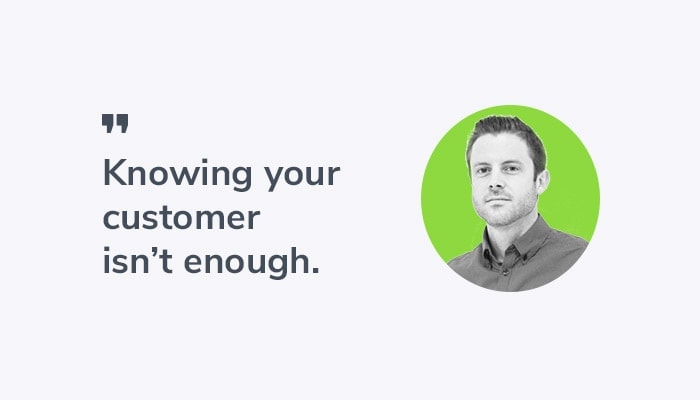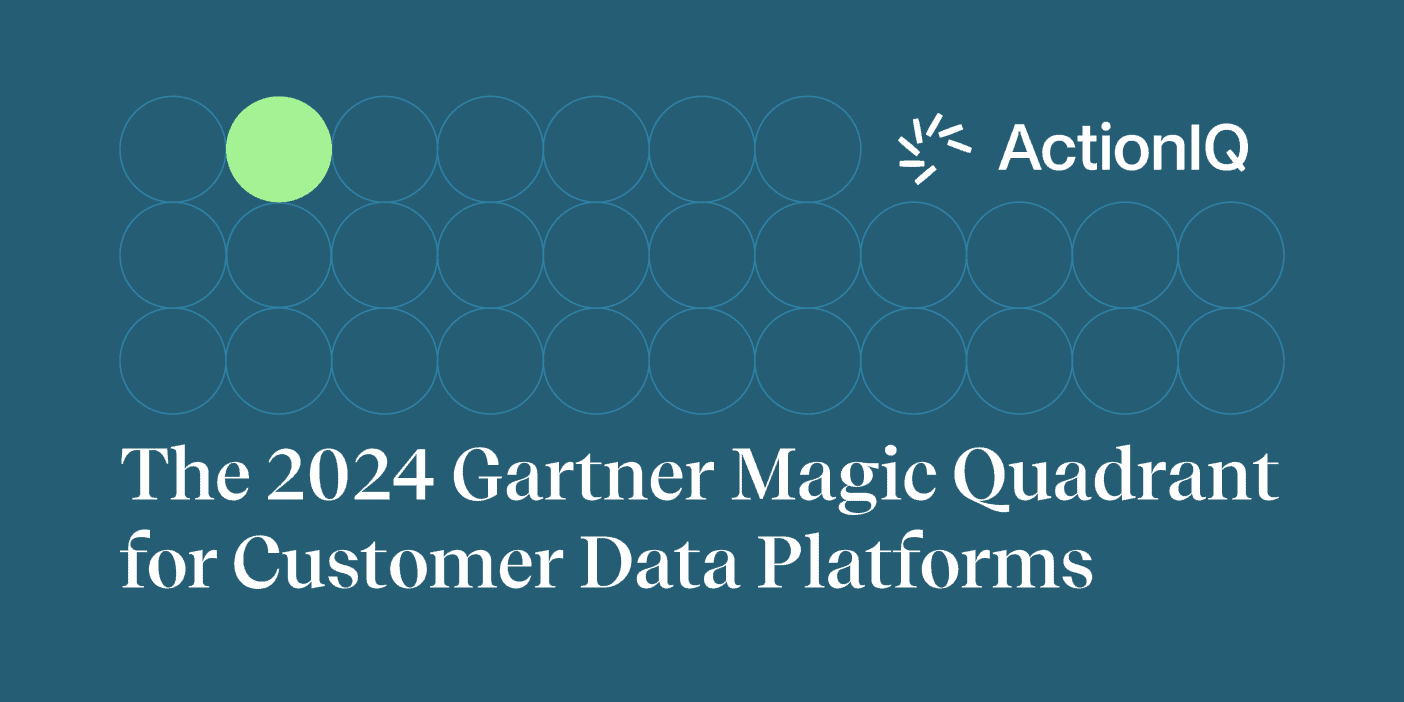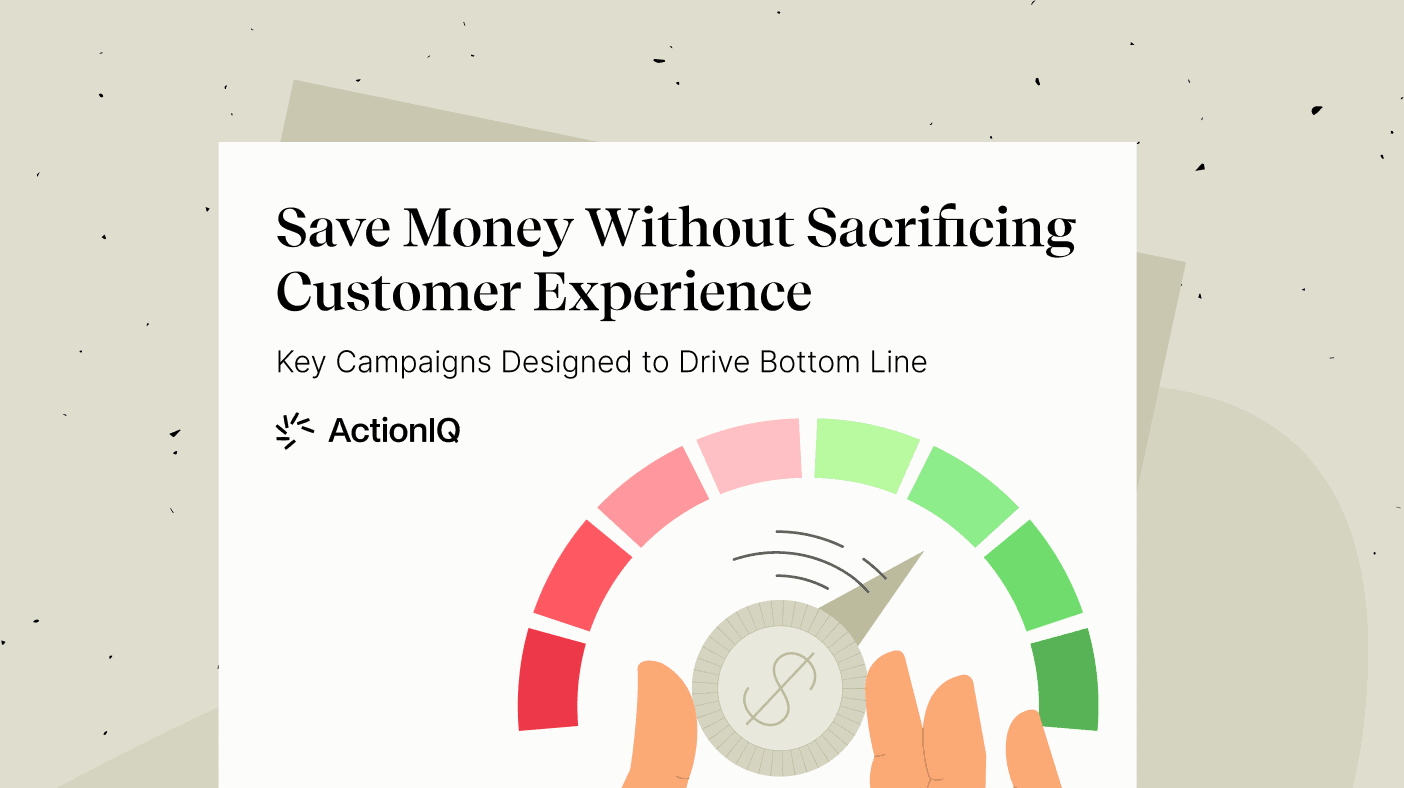Know vs. Help – What Really Matters

We Now Live In A Customer Experience Economy
Consumer expectations have dramatically shifted in the past few years. Consumers now expect every experience they have with a brand to be tailored and personalized. In fact, 80% of consumers say that the experience a company provides is as important as its product or services. All brands realize personalization is absolutely critical, but many are no closer to delivering better experiences than they were 2-3 years ago. Why is this?
For too long, brands have looked internally to solve this problem (e.g. digital transformation initiatives), rather than focusing on the needs of their customers. This can lead to brands having no idea what type of customer experience their customers actually find valuable versus annoying. In order to compete and win in this new economy, it is critical for brands to access and act on all their customer data with maximum speed, agility, and intelligence. Improving your customer experience analytics can end up being a game changer for your company.
Knowing Isn’t Enough
When creating truly personalized experiences, simply proving you know your customer is not enough—birthday emails and abandoned cart retargeting are terribly ordinary customer experiences. A recent Gartner survey found that brands that focused just on knowing their customers (e.g. customer 360, single view of the customer, etc.) saw a 4% drop in business value. It’s because these types of experiences feel very transactional to the customer and self-serving to the brand. In no way are these experiences actually trying to help the customer achieve a goal or task.
Focus On Helping
However, when brands go beyond just knowing their customers—to actually helping them—they create the type of experience that generates sustainable business value. The same Gartner survey found that brands that create tailored, helpful customer experiences see a 20% lift in business value.
Examples of helpful customer experiences include:
- Guiding customers through a complex process (e.g. how to use a new product)
- Teaching customers something new (e.g. product care or complete the look)
- Rewarding customers (e.g. exclusive benefits when customers hit a goal)
Knowing your customers is important, but it actually destroys value if you stop there. Helping your customers should be your top priority. To do this, you must be obsessed with understanding and solving for their pain and goals. Technology alone will not solve this for you. It requires a uniquely human trait—empathy.
To schedule time with an industry expert for tailored guidance and an action plan that meets your objectives, visit our Meet The Experts page to learn more.





